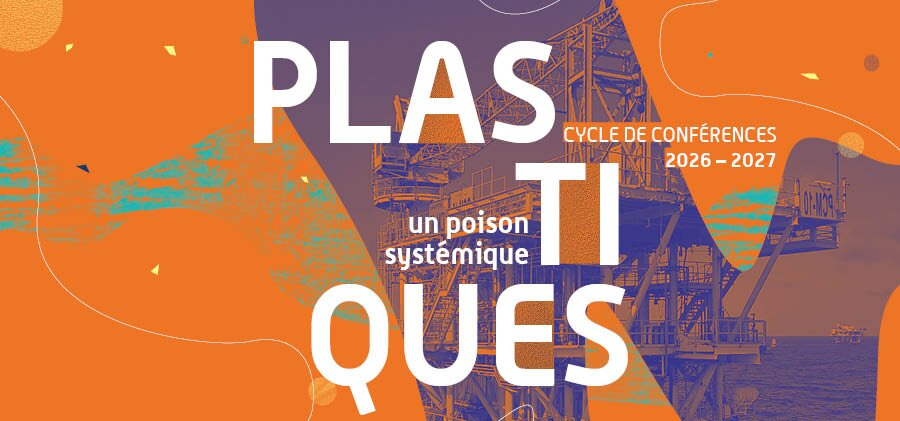The Exodus of mankind

Since 2006, Cristian Pineda has been working on the theme of migration, a motive which led him to travel to the frontiers of Mexico, America and in Europe. These frontiers bear witness to a geographic, political, social, economic and cultural fracture which challenges the artist who has endeavoured to grasp the role of the human being in this globalised and fractured world.
Human Mobility, exhibition hosted be the FMSH in March 2020, is a series of 10 different artistic projects which include participant art in collaboration with the migrants and asylum seekers, installations, series of photographs, documentaries, an audiovisual presentation and paintings, sculptures and drawings.
Watch the exhibition video
Cristian Pineda
Cristian Pineda is a visual multidisciplinary artist. Born in 1980 in Juchitán de Zaragoza, Mexico, he now lives in Mérida in the Yucatan region and splits his time and work between Mexico and Belgium.
More +: Cristian Pineda
Discover the artistic projects: Human mobility
Read through the exhibition catalog
Introduced by Cristian Pineda, this catalog presents his artistic projects exhibited at the FMSH in March 2020. It also includes two films, Caminantes de papel and Circulos de Vida, which document the work of Cristian Pineda during the creation of those pieces. Academic texts by the professor of literature Alexis Nuselovici (NOUSS) and sociologists Pascale Naveau, Geoffrey Pleyers and Michel Wieviorka construe the creations of Cristian Pineda.
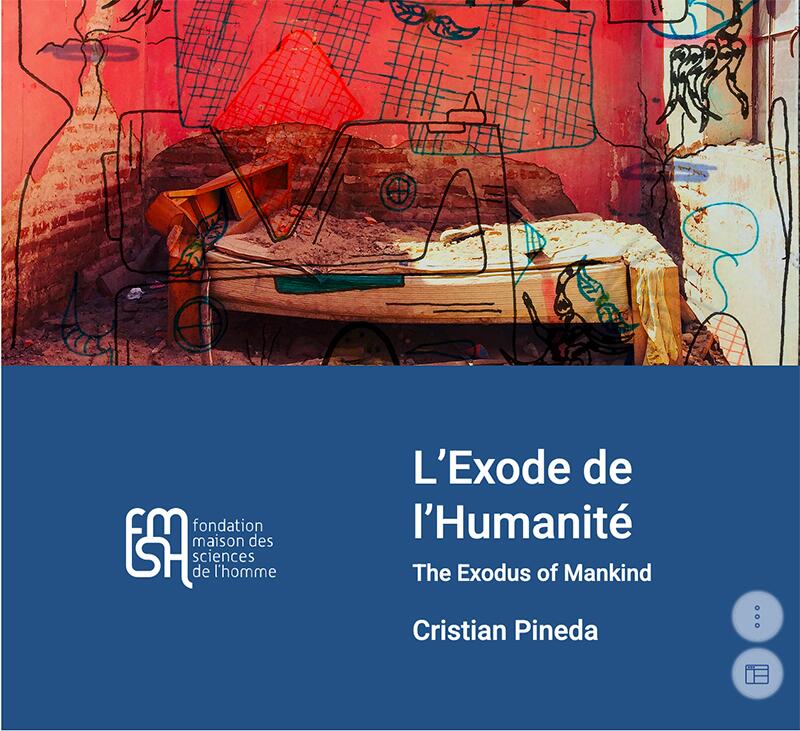
Conference with the artist
Wednesday, March 18th, 2020 | 6 PM
Forum // Grand hall
54 boulevard Raspail | 75006 Paris
Due to strikes, the opening on March 5th was postponed.
Informations
From Monday 2nd to Tuesday 31 March 2020
Free entry Monday to Friday from 8 AM to 8 PM
FMSH Lobby | 54, boulevard Raspail, Paris 6
The Projects displayed
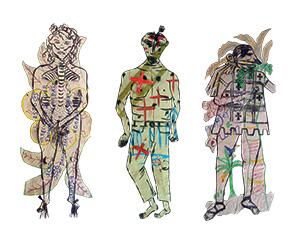
Paperwalkers (2012-2013) is a series of 30 human figures in movement. Made in inns for migrants in Mexico, these figures come from a participant art project between the artist and the migrants from Central America. By means of these silhouettes in movement, the participants have illustrated and described not only their personal stories but also their version of History, along the lines of an eye-witness account which constructs a social, collective and artistic memory.
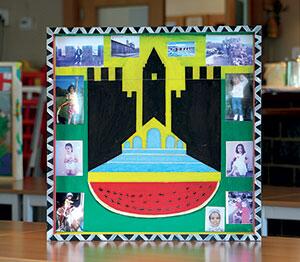
Boxes of life is a participant art project which originated in the real-life experience of the PaperWalkers project. This took place in Eupen in the Belle-Vue asylum seekers’ centre; the projects comprises boxes in which the asylum seekers, in a creative process, chose and transformed objects as a personal tribute.
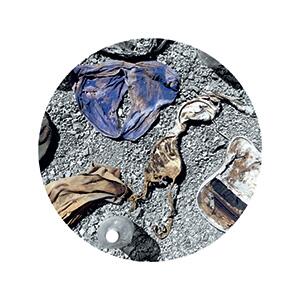
This photographic work was carried out in the Arizona Desert one of the most coveted trans-frontier deserts in the world. The Circles of Life are composed of personal objects which have been abandoned by the migrants and the passers in the caves in the desert. On the basis of these objects, the artist has conceived a precise order in the form of a circle in reference to the spread of violence.
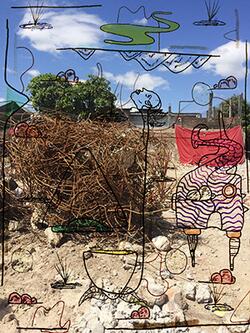
The project I am my house originated in the artist’s reaction to the feeling of being uprooted which the September 2017 earthquake (which destroyed more than half the houses and the buildings in his region) aroused in him. I am my house is a series of photographs on which Cristian Pineda has drawn imaginary houses to reinvent towns, houses, homes and lives after the catastrophe.
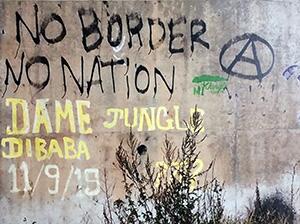
Imagined in 2018, 2 years after it had been decommissioned, the aim of The Jungle in Calais is to re-create the memory of a space which has been destroyed and of which the history of the migrants who lived there tends to be wiped out. Cristian Pineda questions this obliteration. Where have the migrants from The Jungle gone? Do no more migrants come to Calais? How do the migrants survive today and where are they?
The Programme of the Workshops
5 March
Opening of the Exhibition
6-9 March
Fieldwork with the migrants based at Porte de la Chapelle
11 March
Presentation of the exhibition catalog at Mexico Cultural Center in Paris
13 March
Subjectivation: a process central to involvement
18 March
Migration Crisis: philosophical interpretations to political discourse (Part Two) Study day
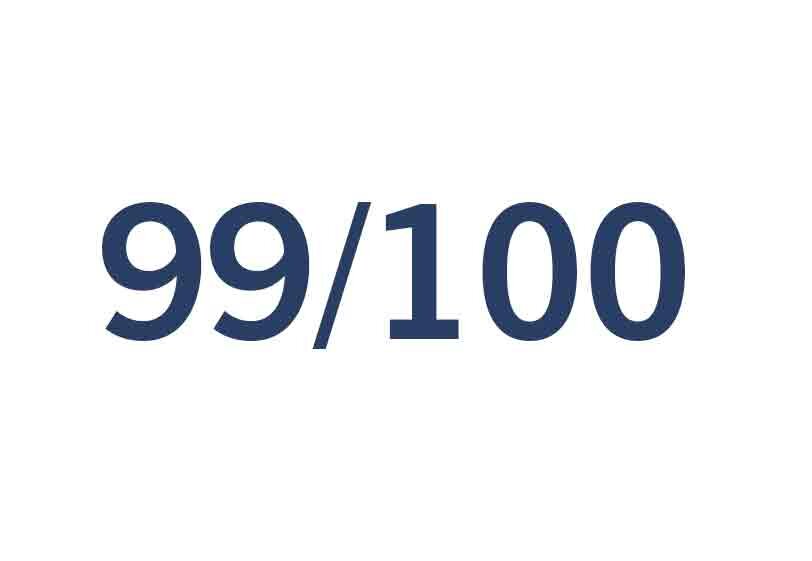
Index de l'égalité professionnelle 2025
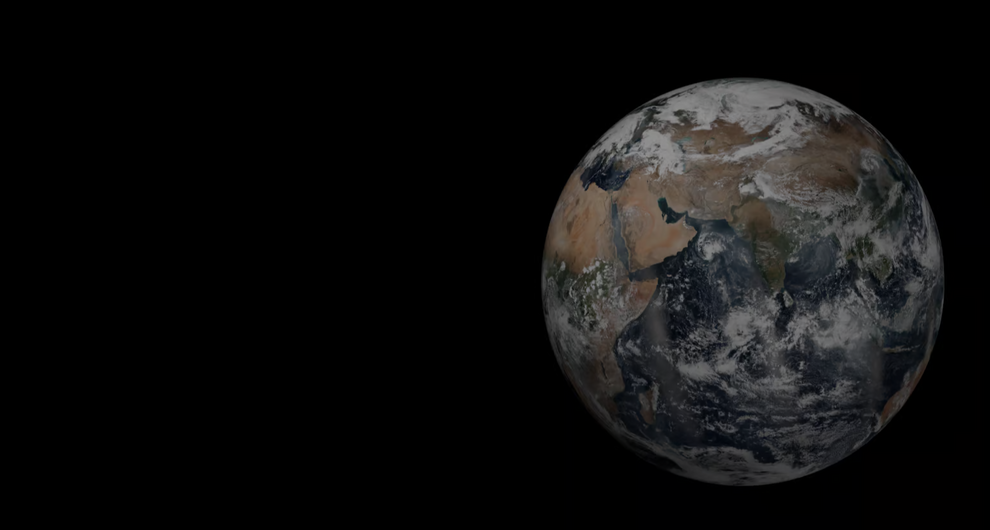
FMSH and the Social Science Research Council Lay the Foundation for International Cooperation
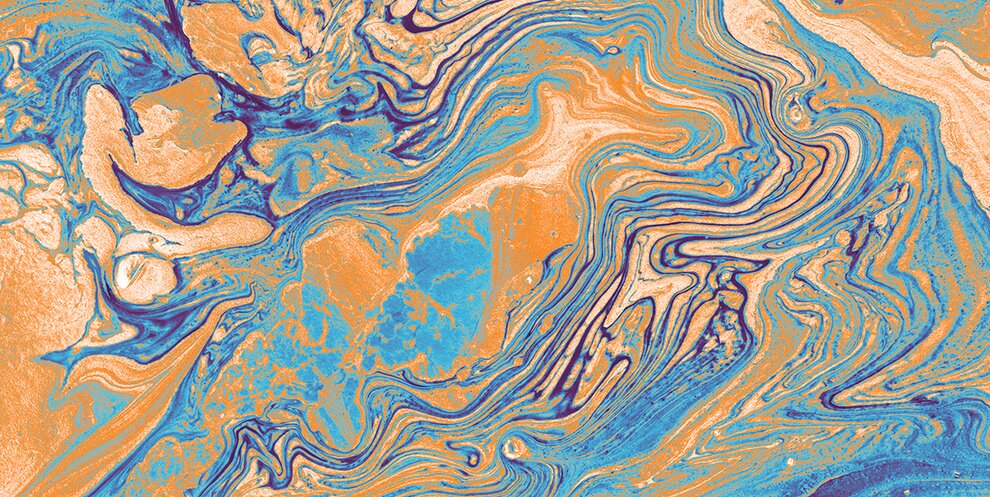
#Restitutions. Another Definition of the World
